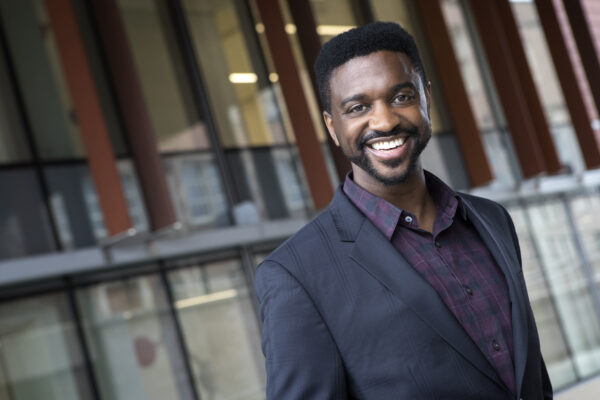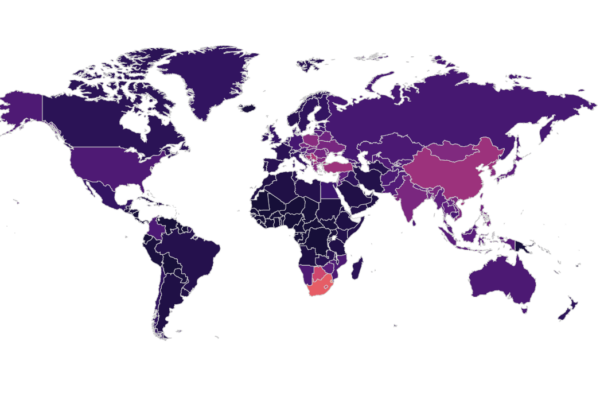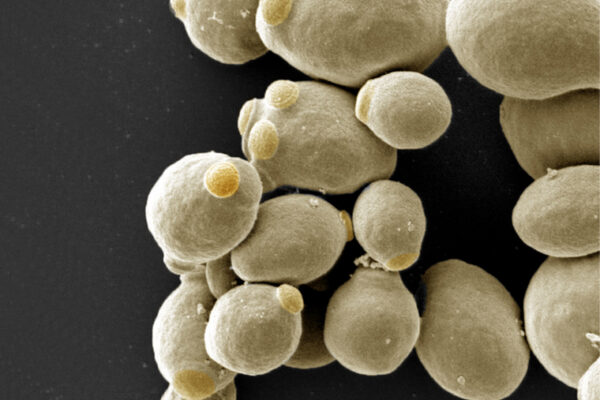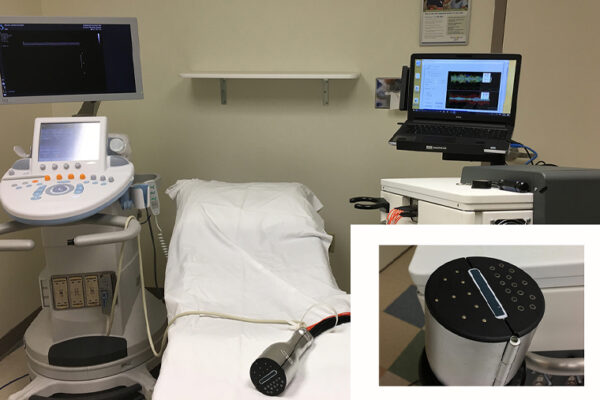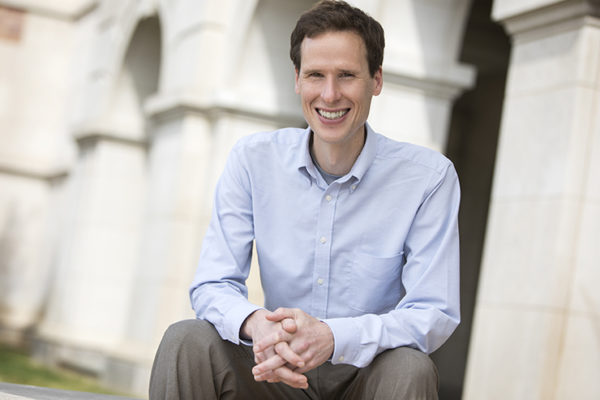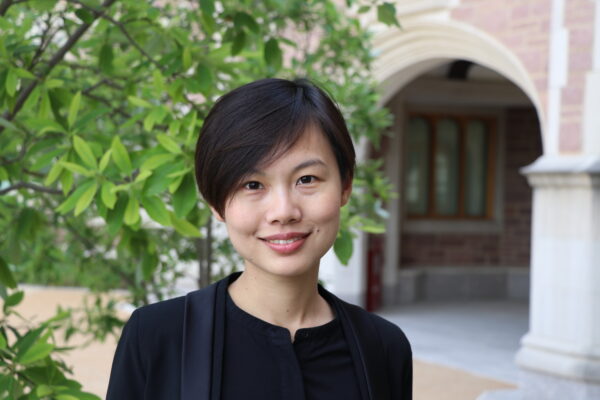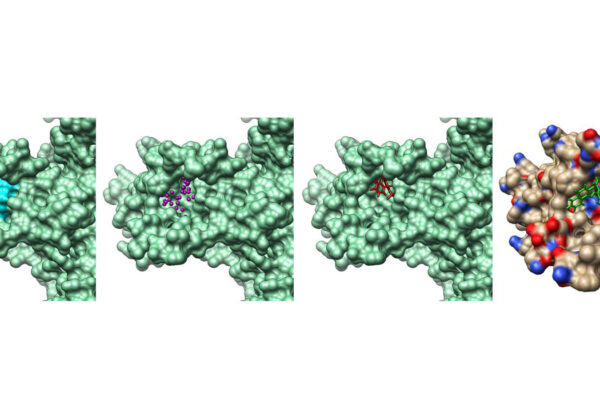Google supports Agonafer’s data center cooling tech
Google is supporting the research of Damena Agonafer, assistant professor at the McKelvey School of Engineering, citing his work on evaporative cooling.
New research finds 1M deaths in 2017 attributable to fossil fuel combustion
An international team of researchers, including faculty in the McKelvey School of Engineering, has determined what sources contribute to pollution and the health effects they have on global, regional and smaller scales.
Rudra receives NSF CAREER Award
Jai Rudra, assistant professor at the McKelvey School of Engineering, will use a CAREER Award from the National Science Foundation to study chirality in nanomaterials and ultimately help design safer synthetic nanomaterial vaccines.
Wallace Diboll, former professor of mechanical engineering, 97
Wallace “Wally” Diboll, a former professor of mechanical engineering and materials science at the McKelvey School of Engineering who taught for 37 years, died Friday, May 7, 2021, of congestive heart failure in St. Louis. He was 97.
NIH awards Brent nearly $2M
Michael Brent at the McKelvey School of Engineering plans to make a new map and model of the information-processing machinery in cells with a five-year nearly $2 million grant from the National Institutes of Health (NIH).
New method predicts chemotherapy effectiveness after one treatment
An interdisciplinary team at Washington University finds that combining certain data after a patient’s first treatment can predict how a breast cancer tumor is responding to chemotherapy.
Vahey receives NIH grant
The National Institutes of Health (NIH) has awarded Michael Vahey, at the McKelvey School of Engineering, a two-year $433,125 grant for research into virus vulnerability.
Ling receives NSF CAREER Award
Fangqiong Ling received a five-year $500,000 CAREER Award from the National Science Foundation for her research into wastewater-based epidemiology.
New tool activates deep brain neurons by combining ultrasound, genetics
A multidisciplinary team at Washington University led by Hong Chen has developed a new brain stimulation technique using focused ultrasound that is able to turn specific types of neurons in the brain on and off and precisely control motor activity without surgical device implantation.
Compound may prevent risk of form of arrhythmia from common medications
A team led by researchers including Jianmin Cui, professor of biomedical engineering, discovered a compound that prevents and even reverses the underlying physiological change that can lead some drugs to cause heart problems.
View More Stories
